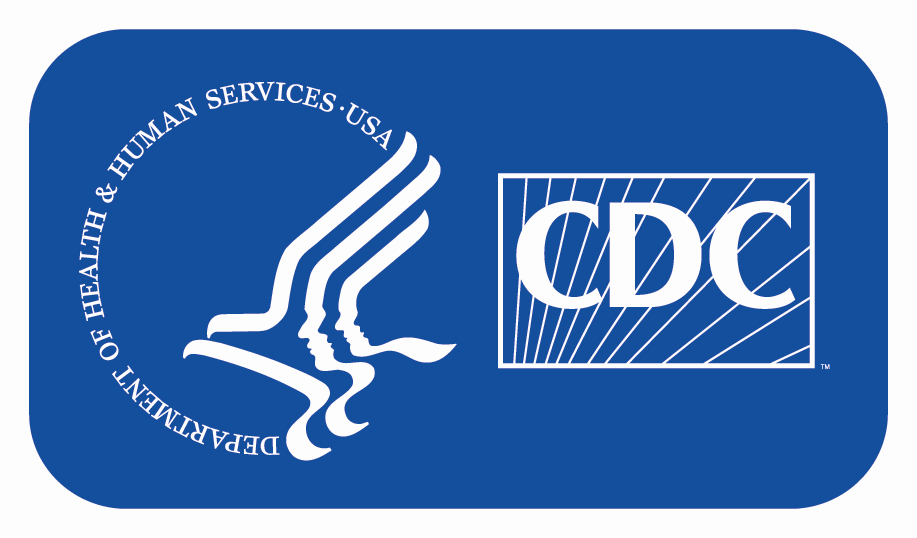CEFO Program Fact Sheet
CEFO Fact Sheet_HealthDepts FINAL.doc
Customer/Partner Service Surveys - (Extension)
CEFO Program Fact Sheet
OMB: 0910-0360

Office
of Public Health Preparedness and Response
Career Epidemiology Field Officer Program
Vision: Sustained epidemiologic capability nationwide for public health preparedness and response.
Mission: To strengthen state, local, tribal, and territorial epidemiologic capability for public health preparedness and response.
The Career Epidemiology Field Officer (CEFO) Program1 is dedicated to strengthening epidemiologic and scientific support of preparedness activities and enhancing epidemiologic and scientific output from state and local programs. A CEFO is a CDC epidemiologist assigned to a state, local, or territorial public health department to facilitate and strengthen their epidemiologic capacity and public health preparedness. Prior to these assignments, CEFOs have completed CDC’s Epidemic Intelligence Service training program2 or comparable training. CEFOs are professionals with experience in epidemiology and surveillance, public health preparedness, research, training, and policy development.
CEFO activities include:
Strengthening state and local surveillance systems
Conducting outbreak investigations and response
Developing response plans for major public health emergencies
Building partnerships with government agencies and other organizations for emergency preparedness
Serving as liaisons to CDC and U.S. Department of Health and Human Services response teams and other resources
Leading portions of the state’s planning and response activities for pandemic influenza
Leading or participating in federal, state or local emergency response exercises
Providing expertise on the design of epidemiologic investigations, conducting studies as appropriate, analyzing data, and publishing findings
CEFOs are assigned to state, local, or territorial public health departments by request. Health departments may contact the CEFO Program to initiate a request for a CEFO. Once the request is approved, CEFO Program staff work closely with the requesting health department to identify priority areas of work and coordinate recruitment of CEFO candidates. Assignments take into account several factors, including:
Potential risk for major public health emergencies
Existing epidemiologic capacity
The requesting public health department’s commitment to support and utilize the skills and knowledge of a CEFO assignee
CEFO positions are funded through CDC’s Public Health Emergency Preparedness cooperative agreement. The requesting agency supports an initial CEFO assignment of two years with the option to renew the request annually. As of October 2010, there are 30 CEFO assignees located in 23 state or local public health departments.
Visit http://emergency.cdc.gov/cdcpreparedness/science/cefo.asp for additional information about the CEFO Program. For questions, contact the CEFO Program directly at [email protected] or (770) 488-2624.
1 Located in the Office of Science and Public Health Practice in CDC’s Office of Public Health Preparedness and Response
2 Epidemic Intelligence Service (EIS) is a unique 2-year post-graduate training program of service and on-the-job learning in applied epidemiology. More info may be found at http://www.cdc.gov/eis/index.html.
March
14, 2011
| File Type | application/vnd.openxmlformats-officedocument.wordprocessingml.document |
| File Modified | 0000-00-00 |
| File Created | 0000-00-00 |
© 2026 OMB.report | Privacy Policy